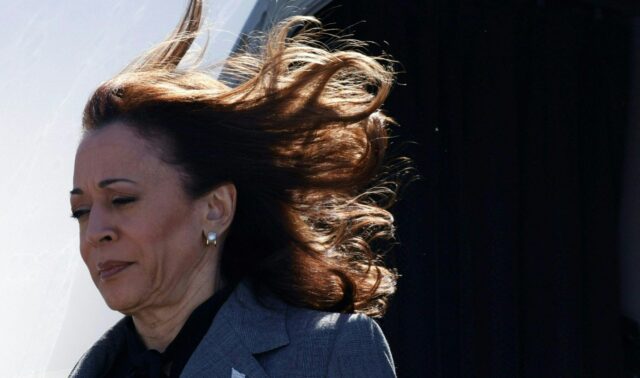Consumer confidence in September suffered the worst decline in more than three years, dragged down by a weaker labor market and rising pessimism about future business conditions and incomes.
The Conference Board on Tuesday said its index of U.S. consumer confidence fell to 98.7 in January from 105.6, near the lowest of the range for the index over the past two years. Economists had expected a slight decline to 103 from the preliminary estimate of 103.3 for August.
Increasingly pessimistic expectations for the economy’s performance in the months ahead and a weaker labor market drove September’s confidence decline.
The present situation index—which is based on consumer views of current business and labor market conditions—declined sharply, falling 10.3 points to 124.3. The expectations index—which gauge the short-term outlook for income, business, and labor market conditions—fell 4.6 points to 81.7, closing in on the 80 threshold that usually signals an approaching recession.
“September’s decline was the largest since August 2021 and all five components of the Index deteriorated. Consumers’ assessments of current business conditions turned negative while views of the current labor market situation softened further. Consumers were also more pessimistic about future labor market conditions and less positive about future business conditions and future income,” said Dana Peterson of the Conference board.
The decline in consumer confidence comes alongside a decline in business optimism reported Monday by S&P Global. Both declines have accompanied the rise of Vice President Kamala Harris in presidential election surveys.
“Confidence declined in September across most income groups, with consumers earning less than $50K experiencing the largest decrease,” Peterson said.

COMMENTS
Please let us know if you're having issues with commenting.